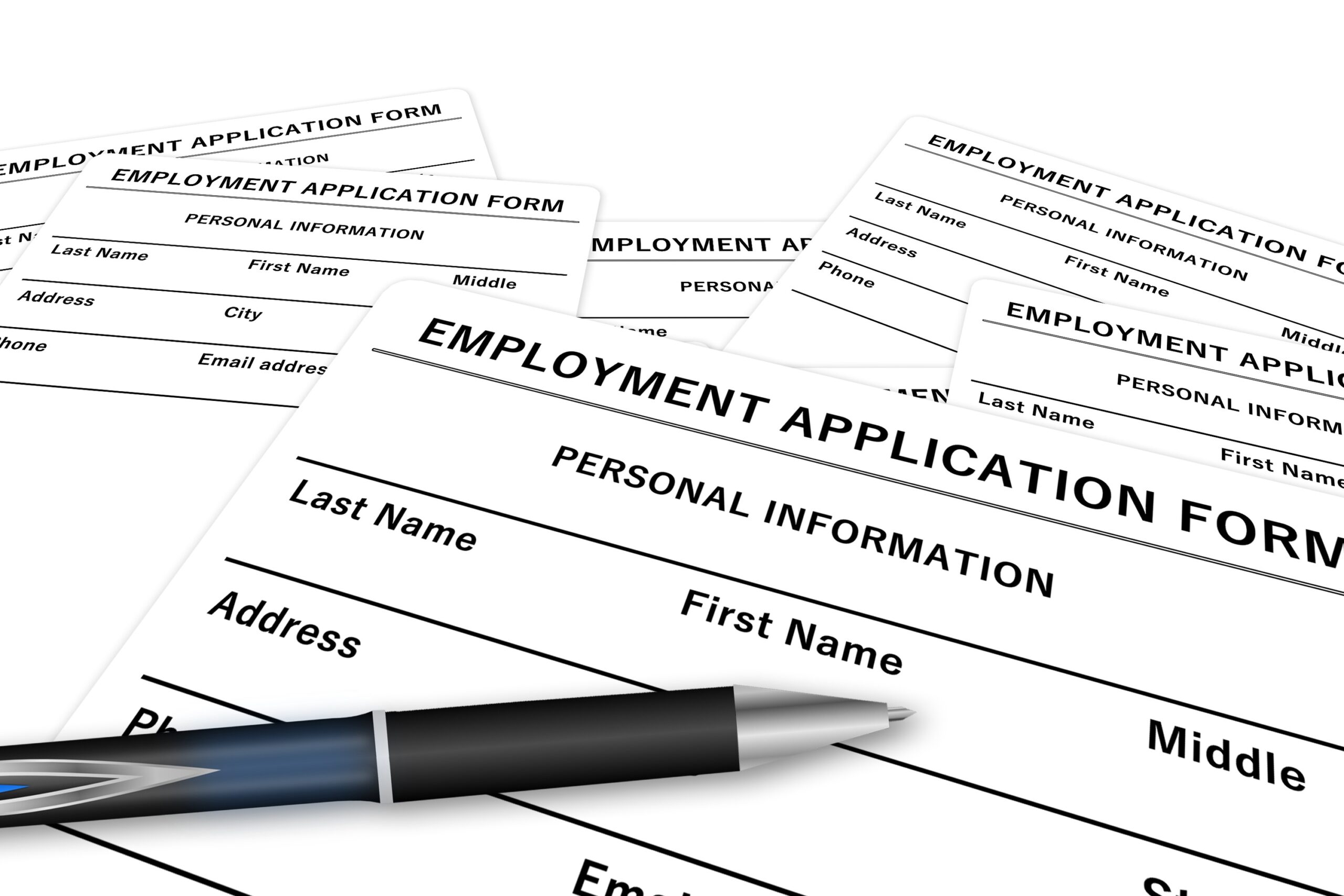BDUK will remain part of DCMS but a new and independent management structure will be established
Credit: Lorenzo Cafaro/Pixabay
The government unit overseeing the £5bn rollout of broadband networks across the country is to be made into an executive agency with its own management structure.
Building Digital UK will remain part of its sponsor department – the Department for Digital, Culture, Media and Sport, whose ministers “will retain overall control and responsibility for BDUK and broadband rollout”.
But, by becoming an executive agency as of April 2022, the government said that the unit will be given “more operational autonomy” in its mission to equip homes and businesses across the country with gigabit-capable broadband and mobile internet connections.
The agency’s increased independence will include the appointment of its own management board, including executive and non-executive members, and a non-executive chair.
The government claimed that this would an provide “an extra layer of expert scrutiny and technical oversight”.
Related content
- Government’s ‘litany of failures’ leaves citizens facing many years of slow broadband
- Rural broadband often three times slower than neighbouring towns, study reveals
- Digital minister confident networks will remain ‘resilient’ as citizens work from home and box-set binge
Digital infrastructure minister Julia Lopez said: “We are on a mission to make sure everyone can get faster broadband speeds and reap the benefits of internet-fuelled innovations in the coming decades. We are moving fast, and national gigabit-speed broadband coverage has jumped from 6% to 60% in just two years. As part of the biggest broadband build in British history, we are now giving BDUK greater freedom and flexibility to ramp up rollout and expand its operations to create new jobs, boost economic growth and level up communities in need.”
The unit, which was established in 2013 as Broadband Delivery UK, has been tasked with ensuring that, by 2025, at least 85% of buildings across the country have an internet connection capable of 1,000Mbps. The current total is 62.9%, according to the government.
Dubbed ‘Project Gigabit’, this initiative will see work begin next year on rolling out connections to 2.5 million properties throughout the UK identified as being hard to reach. The programme was launched by the government earlier this year, and is supported by £5bn of public funding.
Alongside this, BDUK also has a remit to help ensure 95% of the geographic area of the UK is served by a 4G signal by 2025. To help make this a reality, in 2019 the government and the UK’s four mobile network operators – Vodafone, O2, EE, and Three – agreed a jointly funded £1bn project to create a “shared rural network”. The initiative is supported by a £530m collectively supplied by the telecoms firms, alongside up to £500m of government backing.



